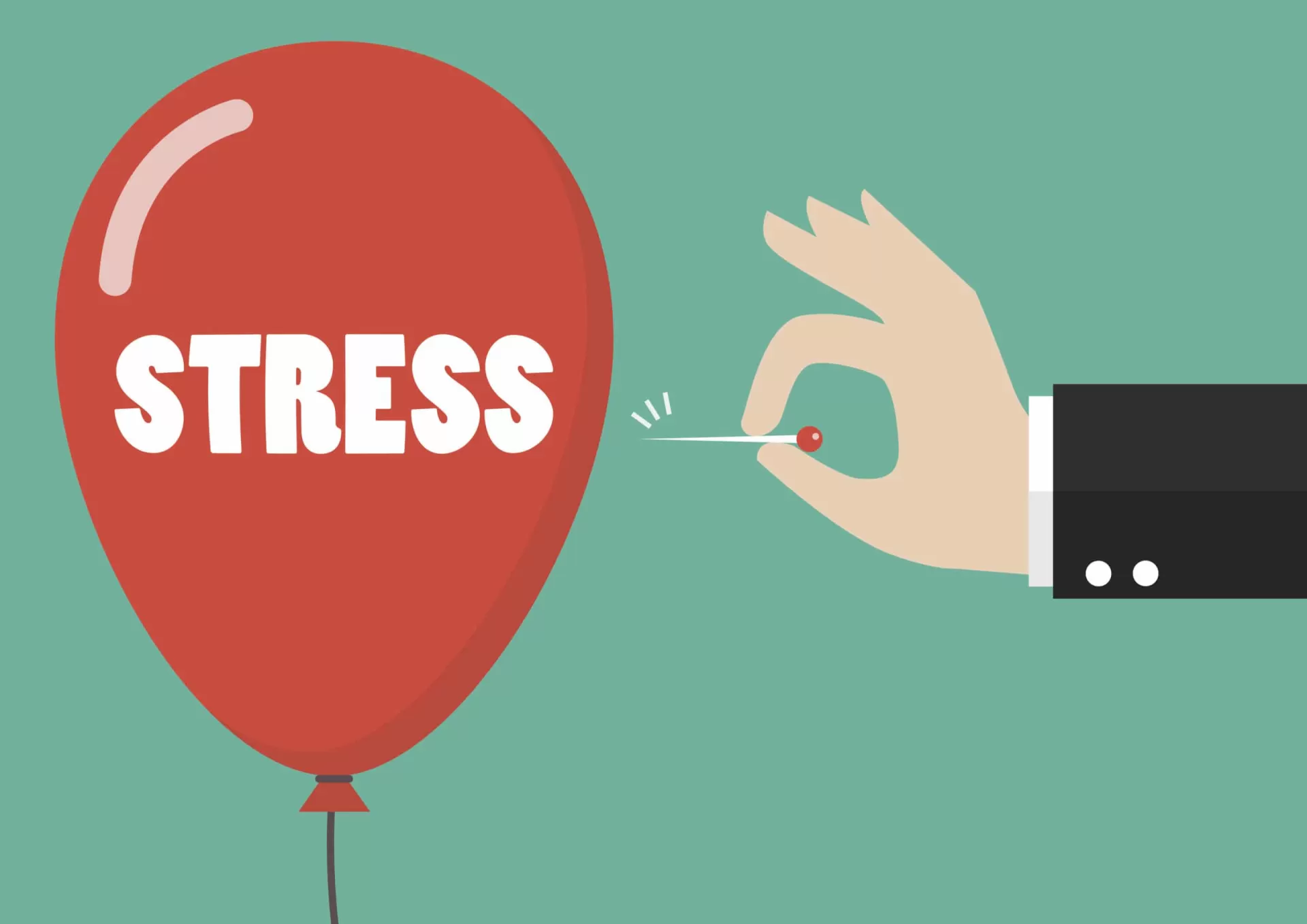
Stress management
- Arif Eren AÇIKGÖZ
- 09.10.2023
Stress is a part of life and everyone can encounter stressful situations from time to time. However, prolonged or chronic stress can have negative effects on both physical and mental health. In this article, we will discuss what stress is, why we experience stress, the symptoms and effects of stress, as well as stress management strategies.
Although stress is a part of life, long-term or excessive stress can have negative effects on physical and mental health. Stress management strategies can help reduce these negative effects and contribute to a healthier lifestyle. You can manage stress by taking time for yourself, engaging in regular exercise, and developing coping skills. Seeking professional help is also important when necessary, so if you are struggling to cope with stress, consider seeking support from an expert.
What is Stress?
Stress is a natural response that your body gives when it perceives dangerous situations. This response aims to protect you from dangers and is also known as the "fight or flight" response. However, in our modern lives, this response can often be triggered by everyday stresses.
Why Do We Experience Stress?
Stress can arise for many different reasons. Here are some common stress triggers:
-
Work Stress: Work-related intensity, workplace problems, or job changes can create stress.
-
Personal Issues: Family problems, financial issues, or health problems can be sources of stress.
-
School Stress: Exams, homework, and school